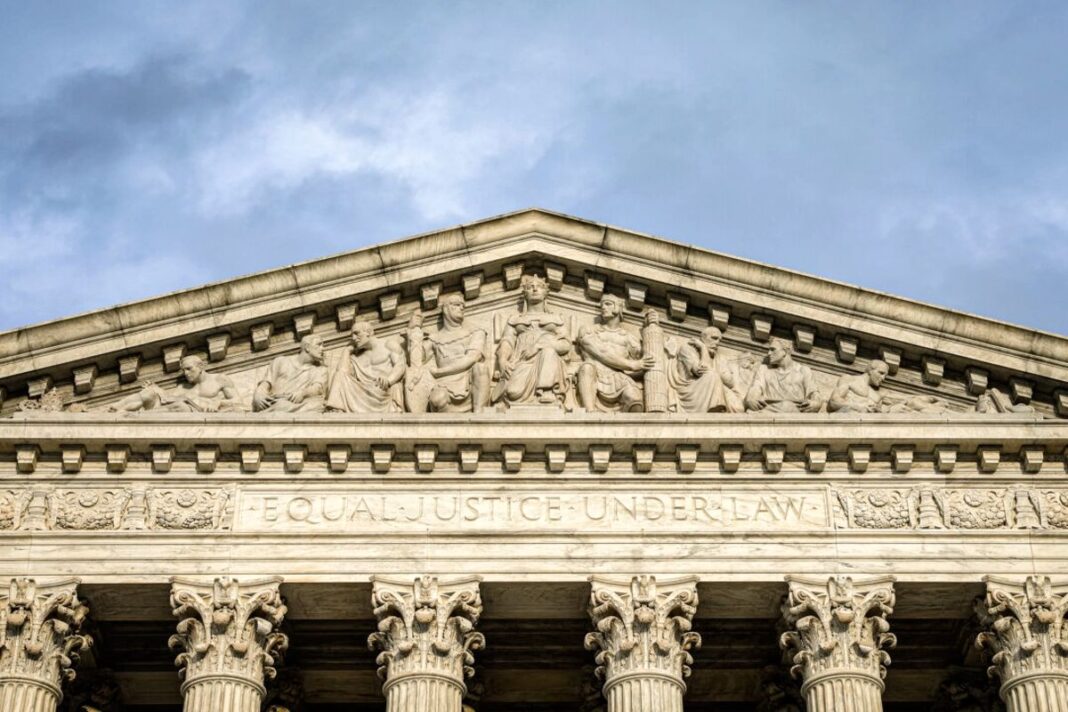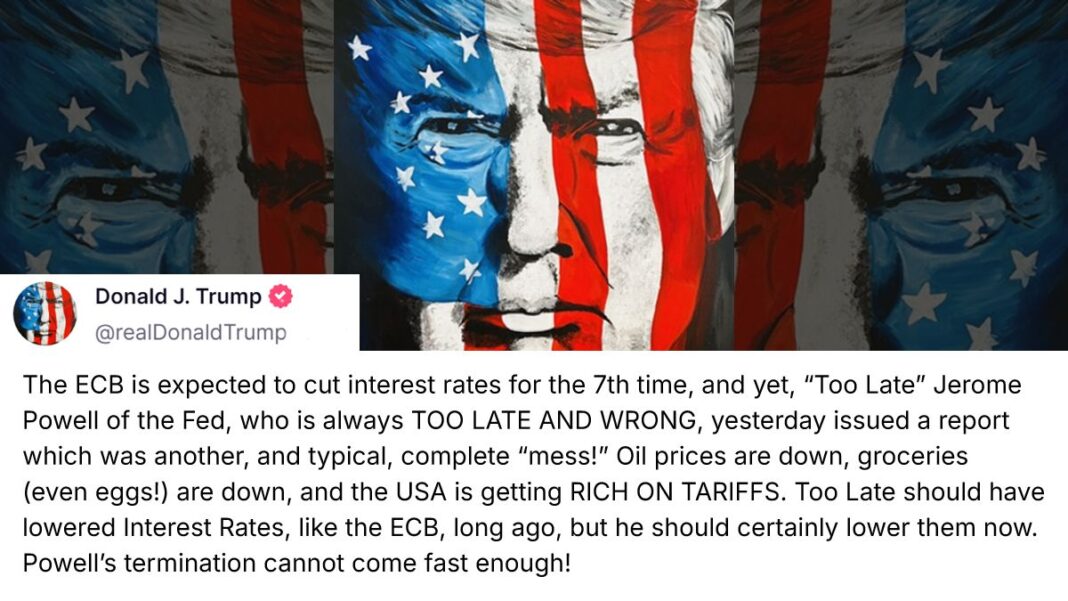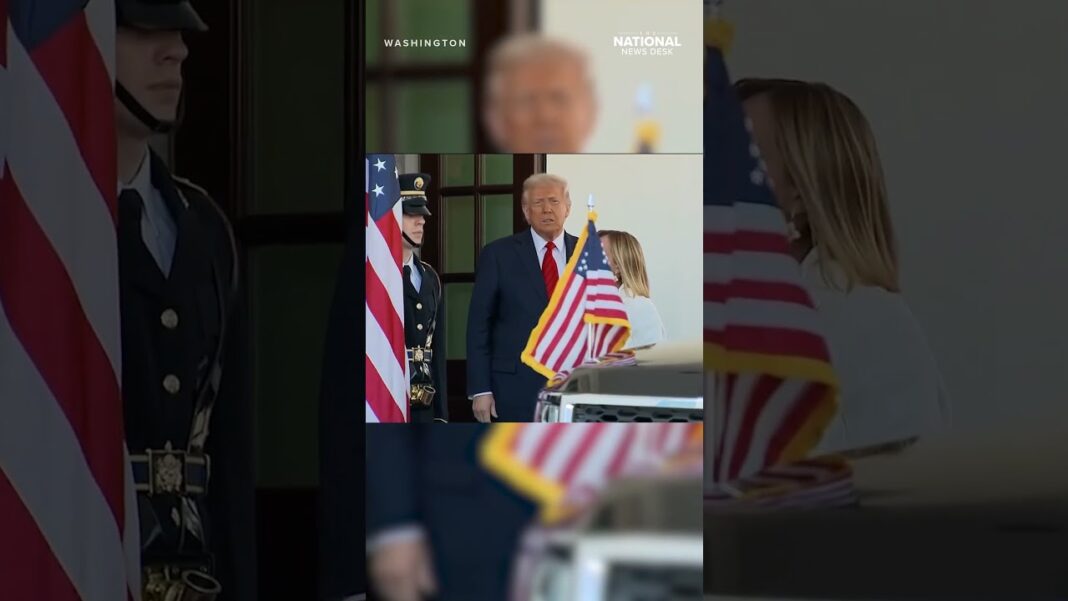The Washington Supreme Court ruled in February that the officers do not have a right to remain anonymous.
Four current and former Seattle police officers asked the U.S. Supreme Court to shield their identities as they challenge a public records request for information about their attendance at the Jan. 6, 2021, rally at the U.S. Capitol.
The emergency application in John Does 1, 2, 4, and 5 v. Seattle Police Department was docketed, or officially accepted for filing, by the court on April 15.
The unidentified law enforcement officers attended President Donald Trump’s rally and speech at the U.S. Capitol on Jan. 6, 2021, but say they did not participate in the civil unrest that followed.
They also say they were investigated and cleared of wrongdoing.
The officers argue that including their names in court records would infringe their First Amendment rights and chill their ability to express political opinions.
Seattle officials have claimed that the rally was “for fascists and white supremacists,” and “have attempted to paint guilt by association, wondering aloud on the purpose for [the officers’] attendance at the rally, obviously insinuating they are tied to right wing extremists,” the application states.
The application said that after the security breach at the Capitol in 2021, the Seattle Police Department ordered any police officers who attended the rally to report they attended and be investigated by the Office of Police Accountability (OPA).
After the four officers reported their presence at the rally, each one received a complaint from the OPA “alleging a possible violation of the law and [Seattle Police Department] policies by ‘trespassing on Federal property and/or participating in the planning and/or forced illegal entry of the U.S. Capitol Building that day,’” according to the application.
The investigation went beyond mere attendance at the rally and probed why they attended as well as “their political affiliations,” the application said.
In some cases, the officers were asked to explain “how their lawful attendance at this rally, in and of itself, did not amount to unprofessional conduct,” the application said.
“These very private questions strike at the very core of political speech that the government is now threatening to disclose publicly,” the application said.
“Core components of personal identity, such as political activities, are deeply private and not the proper subject of a public records request.
“Police officers are entitled to the same constitutional protections as all other Americans, and do not forfeit those rights by merely attending a political rally.”









